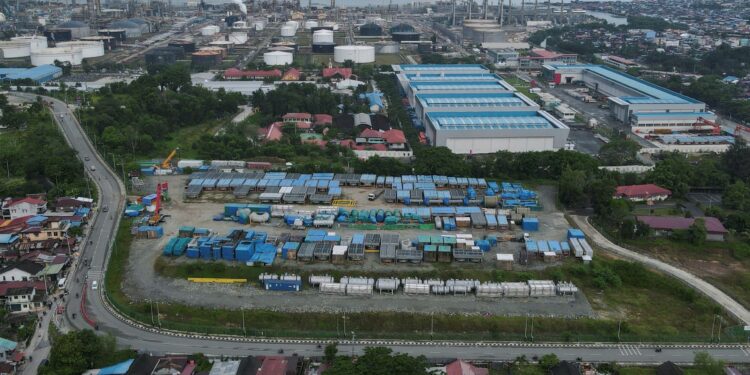Indonesia is taking steps to reduce its budget deficit to 2.53% of gross domestic product in 2025, down from a target of 2.7% set for this year, outgoing Indonesian President Joko Widodo said.
The budget bill, prepared in collaboration with the incoming administration of President-elect Prabowo Subianto, aims to address economic challenges while funding key social programs, especially the flagship free meals initiative, Japan’s Nikkei news agency reported.
The total budget for 2025 has been set at Rs3,613.1 trillion ($392 billion), an increase of about 9% over this year’s forecast, according to the German Press Agency.
This increase in spending comes despite efforts to reduce the budget deficit. The proposed budget emphasizes maintaining economic stability and investor confidence by adhering to the legal limit of the budget deficit ceiling of 3%.
Social Programs and Economic Growth
A large portion of the 2025 budget will go to social programs, including the free meals initiative led by the Prabowo administration.
The programme is expected to cost up to Rs450 trillion ($28.6 billion) annually once fully implemented, and will initially receive Rs71 trillion ($4.5 billion) in 2025, targeting primarily remote and deprived areas.
The program is designed to stimulate regional economies by involving local companies in the supply chain, the Japanese agency said.
While social spending is expected to rise, infrastructure spending will be cut by about 5%, reducing the budget allocation to Rp400.3 trillion ($25.4 billion). However, the education budget will see a rise of about 9%, to Rp722.6 trillion ($46 billion).
Revenue and economic forecast
On the revenue side, the government expects an 8% increase in tax revenue, totaling Rp2,490.9 trillion ($159 billion). The state’s general revenue is expected to grow to Rp2,996.9 trillion ($190 billion) in 2025.
Economic growth is expected to continue at a 5.2% pace, supported by increased fiscal stimulus and strong export demand from Indonesia’s major trading partners. Bank Indonesia has forecast growth for the third and fourth quarters of this year at 4.7% to 5.5%.
Investor Reactions and Long-Term Goals
The 2025 budget will be a crucial test for the Prabowo administration, as it seeks to balance fiscal discipline with ambitious social programs.
Investors and economists are watching closely to see if the budget can successfully boost economic growth without exceeding the legal deficit limit.
The planned increase in government spending is expected to have a positive impact on economic growth, helping maintain investor confidence, according to Hosiana Situmorang, an economist at Danamon Bank, who spoke to Nikkei Japan.



